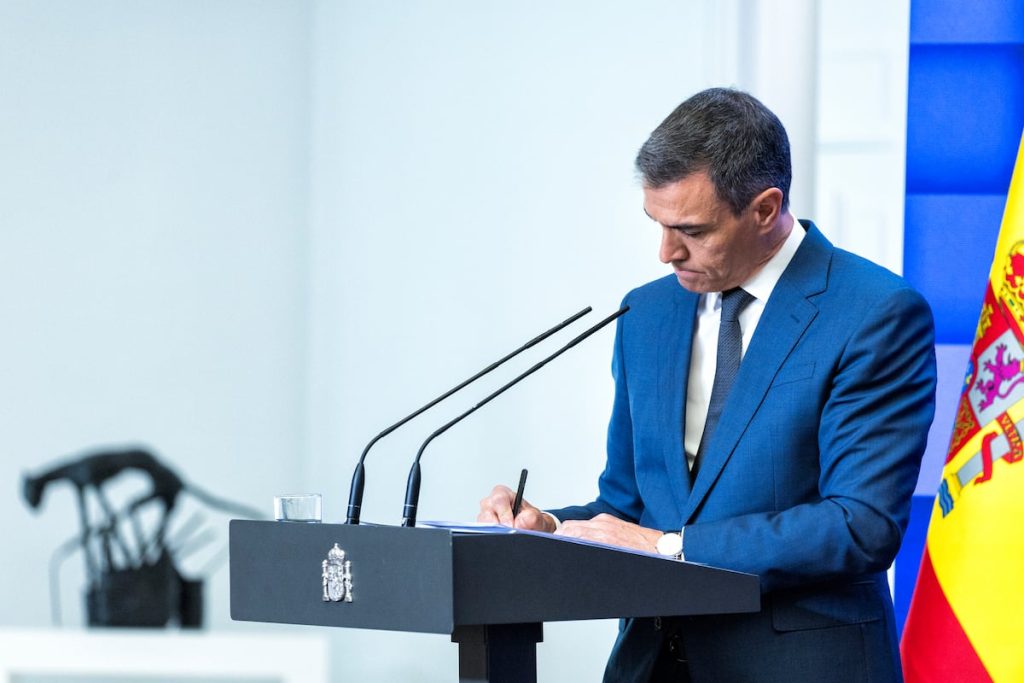Spain is entering a new political phase without any upcoming elections, after a series of general, regional, Catalan, Basque, and European elections. The year has been marked by the controversial amnesty law for those involved in the Catalan independence process, with its implementation pending a final decision from the Constitutional Court and the European justice system. Another significant event was the election of socialist Salvador Illa as president of the Generalitat, ending almost fifteen years of separatist governments in Catalonia and potentially reducing institutional tensions. The country also faces a stable economic outlook. However, the government will have to navigate parliamentary fragmentation and instability among its allies, especially Junts and ERC, as it tackles two major challenges: passing the budget and reforming regional financing.
With a strong economic performance—Spain is nearing 3% growth, triple the European average, and has unemployment at its lowest since 2008—the government is preparing for the possibility of extending the current budget due to challenges in forming majorities. The budget is a crucial tool for any government and the current administration aims to find a way to pass it, while also preparing for the scenario in which it might not succeed. Despite the positive economic indicators and lack of fiscal difficulties, the government’s key focus should be on managing public finances now that the Catalan issue and elections are behind them. Tackling the budget and securing the necessary support in a fragmented parliament will be crucial for the government’s success.
With a lack of a solid parliamentary majority, the government will need to focus on day-to-day management and confront the major debate on the unique financing deal for Catalonia agreed upon by the PSC and ERC. This debate should not be limited to Catalonia but extend to all regions under the common regime, whose financing system has been outdated for a decade. Correcting the current model’s inequities is essential to ensure essential services provided by regional administrations. Once the Catalan government is formed, Prime Minister Sánchez should engage in more public outreach to explain the implications of the socialist-republican pact. The PP, governing in 11 regions, has already announced a total offensive against the agreement, and all regions, including Valencia, Murcia, and Andalusia, experiencing underfunding issues, must also be addressed.
The new political term begins with calls for assistance from regions like Canarias and Ceuta due to increased migration pressure. It is crucial to find fair distribution solutions among regions for migrants arriving on Spanish shores. Demanding solidarity with funding, a reasonable argument, while denying it for migration challenges reveals the hypocritical nature of politicians who engage in daily political exercises. Both governance and opposition require responsibility in addressing the migration challenge and other pressing issues. Since 2018, Prime Minister Sánchez has managed to form broad coalitions to govern, reflecting a contemporary political trend of building diverse coalitions in a highly fragmented landscape. In the upcoming term, the governing coalition will need to carefully navigate parliamentary balances in an extremely complex legislature.


